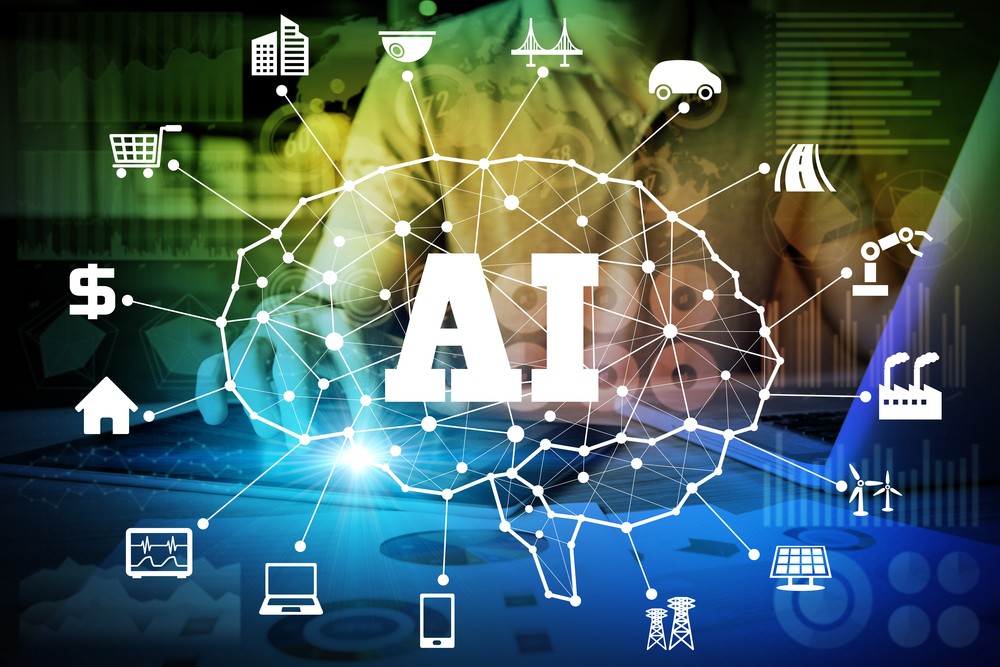It’s no exaggeration to say that, now we’ve entered 2020, the technology landscape is almost unrecognisable to this time 10 years ago.
Artificial intelligence, machine learning, the internet of things – technologies that were pipedreams just years ago have now entered the common parlance and are having a tangible impact on our personal and work lives.
The growth has been exponential. And because of the pace of change, the 20s will be the decade where the industry will reflect on how far it’s come and decide – from both an ethical and commercial perspective – where it’s going. Here are some of the challenges and opportunities we can expect through 2020.
Building trust, informing decisions
As we move into 2020, the importance of trust cannot be underestimated.
In a world of fake news, cyberthreats, and data use abuses, consumers are more discerning than ever about the businesses they choose to engage with.
Dovetail this with the increasing demand for ethically-sourced products, and transparency suddenly becomes a strategic imperative. Blockchain is starting to play a larger role in ensuring businesses – and consumers – are aware of exactly where products are sourced, and the labour practices of everyone involved along the way.
The technology, which provides an immutable record of all the touch points on a supply chain, will enable consumers to make better-informed choices about the brands they buy from – giving businesses that can prove their ethical credentials a competitive advantage.
Ensuring AI serves everyone
Up until now, we’ve only seen the beginnings of what AI is capable of. In the new decade, businesses will unlock its real value.
From healthcare and manufacturing to automotive and agriculture, AI will spread across a multitude of industries, helping to automate processes, connect silos, unlock new insights, and in some areas, even save lives.
But AI is only as intelligent as the humans that wield it. The decade will see businesses get serious about retraining staff – empowering them with the technical skills and up-to-date market insights needed to flourish in the digital age.
However, tempering this runaway innovation will be a question of ethics, as lawmakers scrutinise a sector that until now has had little regulation.
Privacy, use of data, security, automation in the workplace – these are just some of the questions that’ll be in the spotlight. More than ever before, society will take a long look at the direction AI is heading, and together decide how best to alter its path to ensure it works in the interests of everyone.
Prioritising sustainability
As the decade progresses, sustainability will move from being a vague “nice-to-have” to a key business priority.
The debate around climate change and sustainable agriculture has never been more intense. As mentioned, both investors and customers are demanding greater transparency into businesses’ supply chains – and in 2020, this will be democratised in the form of carbon accounting.
Just as financials have traditionally been seen as the indicator of a company’s health, carbon accounting will compel businesses to curtail their actions if they are underperforming with regards to their carbon footprint – no matter their industry or geography.
This is only the tip of the iceberg. With businesses continuously needing to adapt to the current landscape, in light of changing customer expectations, technology will continue to play a huge role in helping companies to effectively transform.
More than ever, innovation is essential in today’s shifting business landscape. Technology is key for keeping pace with raising expectations. The challenge for businesses is to know their market – and their customers – well enough to implement real, meaningful change that’ll ultimately give them the competitive edge.
[595/600]




